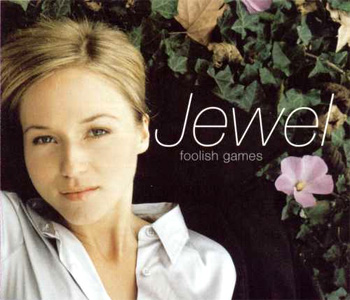Urban Hymns |
|
Released: September 30, 1997 Peak: 23 US, 112 UK, 15 CN, 9 AU Sales (in millions): 1.3 US, 3.3 UK, 11.0 world (includes US and UK) Genre: Britpop |
Tracks:Song Title (Writers) [time] (date of single release, chart peaks) Click for codes to charts.
Songs written by Richard Ashcroft unless noted otherwise. Total Running Time: 75:57 The Players:
|
Rating:4.105 out of 5.00 (average of 27 ratings)
Quotable:“A rich album that revitalizes rock traditions without ever seeming less than contemporary” – Stephen Thomas Erlewine, All Music GuideAwards:(Click on award to learn more). |
About the Album:“Not long after the release of A Northern Soul, the Verve imploded due to friction between vocalist Richard Ashcroft and guitarist Nick McCabe. It looked like the band had ended before reaching its full potential, which is part of the reason why their third album, Urban Hymns — recorded after the pair patched things up in late 1996 — is so remarkable. Much of the record consists of songs Ashcroft had intended for a solo project or a new group, yet Urban Hymns unmistakably sounds like the work of a full band, with its sweeping, grandiose soundscapes and sense of purpose.” AMG “The Verve have toned down their trancy, psychedelic excursions, yet haven’t abandoned them — if anything, they sound more muscular than before, whether it's the trippy Catching the Butterfly or the pounding Come On. These powerful, guitar-drenched rockers provide the context for Ashcroft’s affecting, string-laden ballads, which give Urban Hymns its hurt.” AMG “The majestic Bitter Sweet Symphony and the heartbreaking, country-tinged The Drugs Don't Work are an astonishing pair, two anthemic ballads that make the personal universal, thereby sounding like instant classics. They just are the tip of the iceberg — Sonnet is a lovely, surprisingly understated ballad, The Rolling People has a measured, electric power, and many others match their quality.” AMG “Although it may run a bit too long for some tastes, Urban Hymns is a rich album that revitalizes rock traditions without ever seeming less than contemporary. It is the album the Verve have been striving to make since their formation, and it turns out to be worth all the wait.” AMG |
Resources and Related Links:
First posted 4/7/2008; last updated 10/2/2023. |









